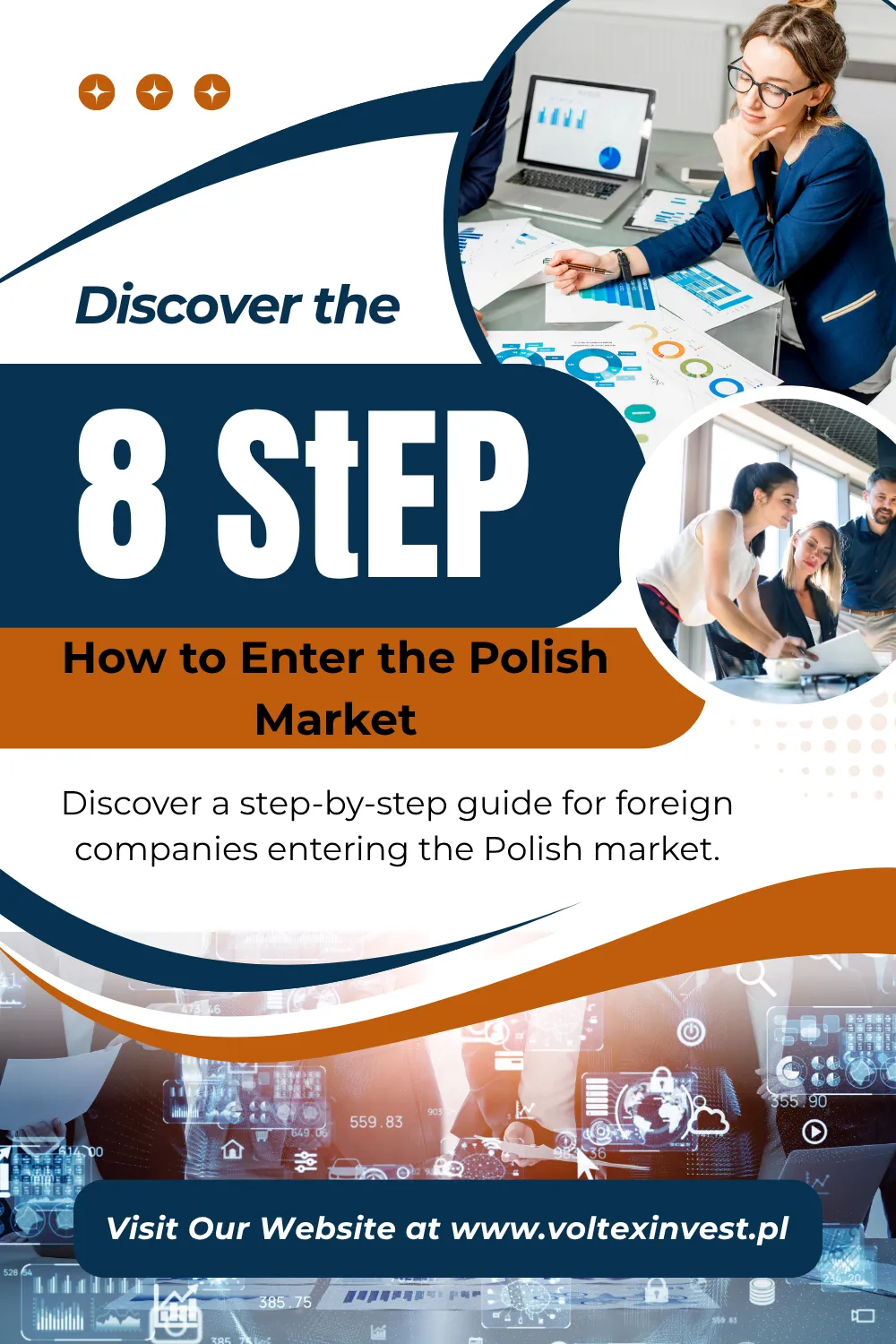
In today’s rapidly globalizing economy, foreign trade investment has become a strategic pillar for ambitious businesses aiming to scale operations and reach international markets. With emerging markets opening up, digital infrastructure improving, and trade barriers decreasing, investing abroad is no longer reserved for multinational corporations alone.
Whether you’re a startup, SME, or established enterprise, foreign trade investment opportunities can catalyze growth, increase profitability, and diversify risk. In this article, we explore the benefits, opportunities, strategies, and challenges involved in expanding your business internationally through foreign trade and investment.
Contents

What Is Foreign Trade Investment?
Foreign trade investment refers to the allocation of capital in international markets to enhance trade activities. This can involve:
- Exporting or importing goods and services
- Direct foreign investment (FDI) in production, logistics, or sales facilities abroad
- Joint ventures and strategic partnerships
- Setting up subsidiaries or franchises in foreign markets
- Investing in foreign supply chains or distribution networks
This strategic approach enables businesses to tap into new customer bases, gain competitive advantages, and mitigate domestic market saturation.
Why Invest Abroad?
1. Access to New Markets
The most compelling reason to invest abroad is access to new and untapped markets. Entering a growing economy with rising demand can lead to exponential business growth.
Example: A UK-based fashion brand expanding to Southeast Asia can leverage a booming middle-class consumer base and fashion-conscious population.
2. Diversification of Revenue Streams
Expanding internationally allows companies to reduce dependence on their home market. If your domestic market faces a downturn, your global presence cushions the impact.
3. Cost Efficiency
Some countries offer lower labor, manufacturing, or operational costs. Outsourcing production or setting up factories in these regions can increase profit margins.
4. Tax Incentives and Government Support
Many governments provide incentives for foreign investors, including tax breaks, free trade zones, and streamlined regulatory processes.
5. Strategic Global Partnerships
Building alliances or joint ventures in foreign markets can enhance credibility, reduce entry barriers, and improve local customer acceptance.
Top Foreign Trade Investment Opportunities by Region
1. Southeast Asia (Vietnam, Indonesia, Thailand)
- Strong economic growth
- Young, digital-savvy population
- Favorable investment climate
- Export-driven economies
Ideal for: Manufacturing, e-commerce, electronics, textiles.
2. Eastern Europe (Poland, Romania, Czech Republic)
- Access to the EU market
- Competitive labor costs
- Skilled workforce
- Growing tech and industrial sectors
Ideal for: IT, automotive, logistics, and fintech.
3. Latin America (Brazil, Mexico, Colombia)
- Large consumer bases
- Expanding middle class
- Infrastructure development
- Open trade policies
Ideal for: Agriculture, mining, consumer goods, fintech.
4. Africa (Kenya, Nigeria, South Africa)
- Emerging digital economies
- Young population
- High mobile penetration
- Natural resource wealth
Ideal for: Mobile banking, agriculture, energy, retail.
Strategies for Scaling Your Business Through Foreign Trade Investment
1. Market Research & Feasibility Studies
Before entering any market, conduct in-depth research on local demand, culture, legal frameworks, and competition. Tools like SWOT analysis, PESTEL analysis, and Porter’s Five Forces can help.
2. Choose the Right Entry Mode
Decide on your mode of entry:
- Exporting
- Licensing/franchising
- Joint ventures
- Wholly owned subsidiaries
Each has different levels of investment, control, and risk.
3. Build a Local Team or Partnerships
Local experts understand market nuances. Hiring local talent or partnering with a local firm increases cultural fit and compliance.
4. Legal and Regulatory Compliance
Understand foreign laws regarding:
- Taxes
- Customs duties
- Intellectual property
- Employment laws
- Trade restrictions or sanctions
5. Supply Chain and Logistics Optimization
Efficient global supply chains are vital. Consider logistics partners, warehousing, and last-mile delivery tailored to the region.
Challenges of Foreign Trade Investment and How to Overcome Them
While the rewards are high, foreign trade investment comes with challenges. Recognizing and addressing these proactively is key.
1. Currency Fluctuations
Exchange rate volatility can impact profitability. Use hedging strategies to manage financial risk.
2. Cultural Differences
Understanding local customs, business etiquette, and consumer behavior is crucial. Invest in cross-cultural training and hire local consultants.
3. Political and Economic Instability
Investing in politically unstable regions can be risky. Diversify your investments and monitor global economic trends.
4. Trade Barriers and Tariffs
Import duties, quotas, and regulations can reduce profit margins. Stay informed through international trade agreements like USMCA, ASEAN, or EU treaties.
5. Operational Complexity
Managing global teams, logistics, and compliance requires robust systems and experienced leadership.
Trends Shaping Foreign Trade Investment in 2025 and Beyond
1. Digital Global Trade Platforms
Digital platforms like Alibaba, Amazon Global Selling, and Shopify have made it easier than ever to sell products internationally.
SEO-friendly terms: cross-border e-commerce, global dropshipping, international digital sales.
2. Sustainability and ESG Compliance
Many countries and consumers now demand environmentally and socially responsible practices. Investing in green technologies and ethical supply chains is no longer optional.
3. Nearshoring
Businesses are increasingly shifting production closer to home markets to reduce supply chain risk. This is especially relevant in post-COVID trade strategies.
4. AI and Automation in Global Trade
Technologies like AI-driven logistics, smart warehousing, and predictive analytics are revolutionizing international trade.
How to Finance Foreign Trade Investment
A critical aspect of expanding your business abroad is securing the right type of financing. International expansion can require significant upfront capital, depending on the entry mode you choose (e.g., acquisition, joint venture, or setting up a subsidiary).
Here are several financing options for foreign trade investment:
1. International Business Loans
Many global banks and development finance institutions (like IFC, EBRD, or regional export-import banks) offer low-interest loans or trade finance solutions tailored for international operations.
2. Export Credit Agencies (ECAs)
Organizations like UKEF (UK Export Finance) or EXIM Bank (USA) provide insurance and guarantees that reduce the risk of trading abroad and help secure working capital.
3. Private Equity and Venture Capital
If your business has high-growth potential, especially in tech or innovation-driven sectors, venture capital or private equity firms may be interested in funding your internationalization efforts.
4. Government Grants and Subsidies
Many governments and trade promotion agencies offer grants for feasibility studies, market entry, and R&D abroad. Explore your home country’s support programs for international trade.
The Role of Networking and International Trade Fairs
Participating in international trade fairs, expos, and networking events can open doors to new partners, distributors, and clients. These platforms are ideal for:
- Showcasing products or services
- Conducting competitive analysis
- Finding regional resellers or agents
- Establishing your brand in a new market
Additionally, joining international chambers of commerce or business associations can offer long-term benefits through mentorship, lobbying support, and access to regional insights.
Digital Transformation and Foreign Trade
With the digital economy growing fast, businesses can now scale globally without heavy physical infrastructure. Cloud services, AI-driven logistics, remote teams, and digital marketing allow even small companies to:
- Run international operations virtually
- Test markets with minimal investment
- Launch global e-commerce shops
Tip: Start with a localized website, accept international payments, and optimize for global SEO to attract foreign customers.
Voltex Invest – Your Trusted Partner in Foreign Trade Investment
Expanding your business across borders requires more than just capital — it demands the right strategy, market knowledge, and local support. That’s where Voltex Invest comes in.
We are a dynamic consulting and investment support firm, specializing in helping businesses enter and scale in the Polish and wider European markets. Whether you’re a foreign investor looking to launch operations in Europe, or a Polish entrepreneur aiming to expand abroad, Voltex Invest provides tailor-made solutions that accelerate growth and minimize risk.
Our Services Include:
- Market Entry Strategy for Poland and the EU
We help you analyze market potential, choose the right entry model, and navigate local regulations. - Business Registration & Legal Support
From setting up your company to understanding tax and labor laws, we provide full legal and administrative assistance. - Trade and Investment Advisory
Get support in identifying profitable sectors, locating investment opportunities, and connecting with local partners. - Funding & Grant Support
We assist clients in securing EU grants, national subsidies, and private financing for cross-border operations. - Local Partner Search and B2B Matchmaking
With a wide network in Poland and across Europe, we connect you with trusted suppliers, distributors, and clients.
Why Choose Voltex Invest?
- Deep knowledge of Polish and EU markets
- Proven track record in internationalization projects
- Multilingual team with legal, financial, and trade expertise
- Commitment to your long-term success abroad
At Voltex Invest, we believe that global growth should be accessible to every business — not just multinational corporations. That’s why we combine international insight with hands-on local support to help you succeed in foreign trade investment.
Ready to expand into Europe? Contact Voltex Invest today and let’s scale your business together.
Conclusion: Is Foreign Trade Investment Right for Your Business?
If your business has a strong domestic foundation and is ready for growth, foreign trade investment offers unparalleled opportunities to scale, innovate, and compete globally. From new customer acquisition to cost optimization and brand expansion, the rewards are significant.
However, success in international markets requires:
- Thorough research
- Strategic planning
- Cultural adaptation
- Legal and financial readiness
The global economy in 2025 is more interconnected than ever. Businesses that embrace international expansion and invest wisely in foreign trade stand to gain a significant competitive edge.
FAQ – Frequently Asked Questions
What is foreign trade investment?
Foreign trade investment involves allocating capital in international markets to support trade activities such as exporting, importing, foreign direct investment (FDI), and forming global partnerships.
Which countries are best for foreign investment in 2025?
Top countries include Vietnam, Indonesia, Poland, Brazil, and Kenya—offering favorable economic growth, government support, and sector-specific opportunities.
How can small businesses start investing abroad?
Small businesses can begin by exporting, using e-commerce platforms, entering partnerships, or conducting market research before expanding physically.
What are the risks of investing in foreign markets?
Risks include currency fluctuations, cultural misunderstandings, political instability, trade barriers, and regulatory complexity.
What are the most profitable industries for foreign investment?
Industries such as technology, manufacturing, renewable energy, agriculture, and fintech offer strong potential for international returns.
Do governments offer incentives for foreign investors?
Yes, many countries offer tax breaks, free trade zones, reduced tariffs, and simplified processes to attract foreign direct investment.
How to conduct foreign market analysis?
Use tools like SWOT, PESTEL, and competitor analysis, and research local regulations, demographics, and economic indicators before entering a market.













[…] is where expert support can make a real difference. At Voltex Invest, we specialize in helping brands develop and execute strategic global marketing plans. With our […]